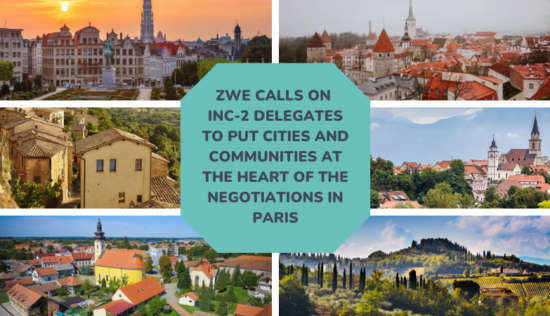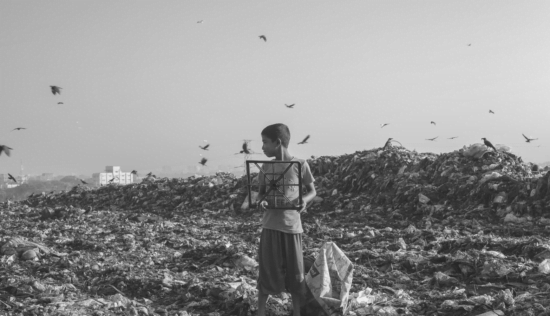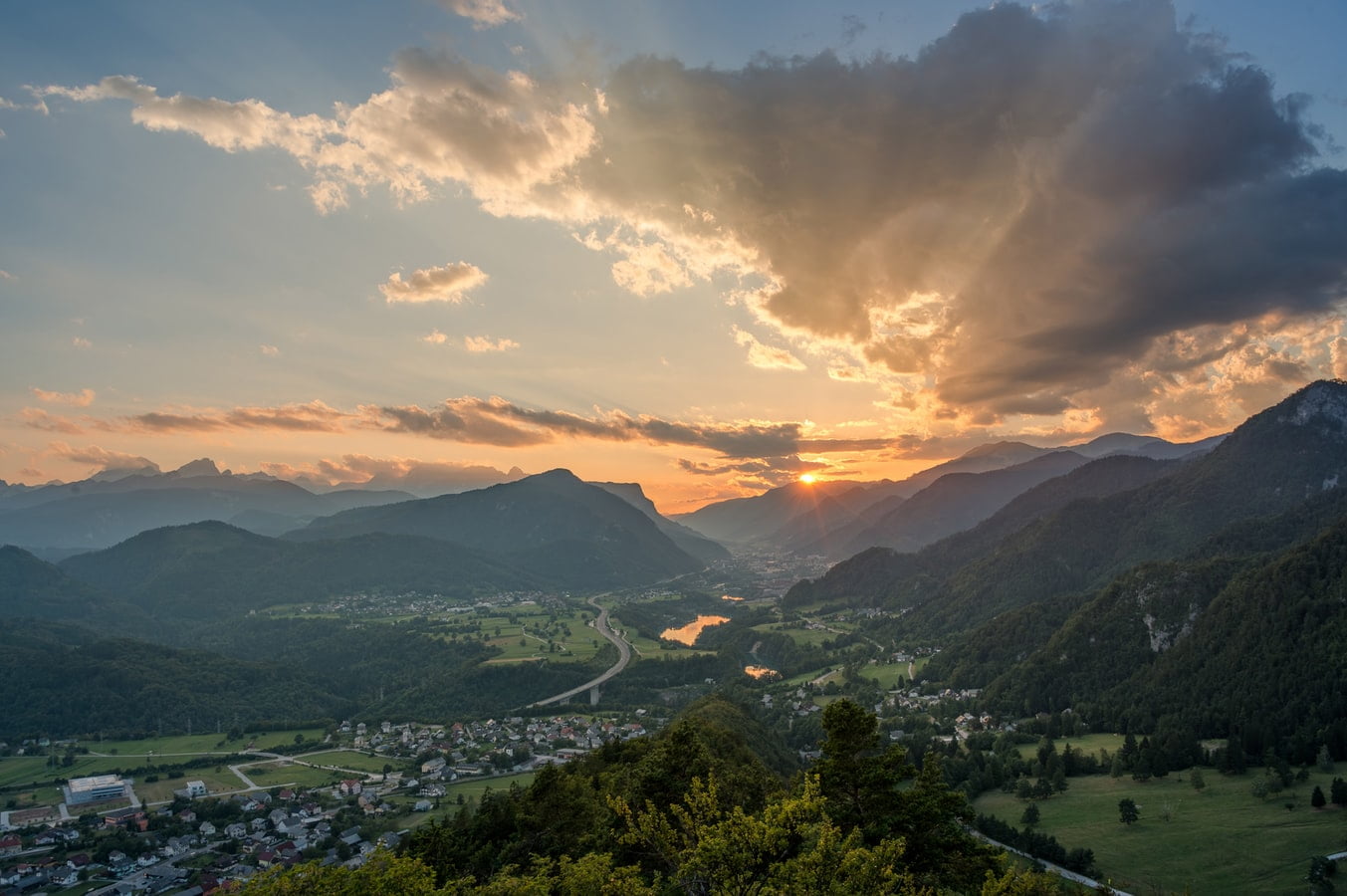The City of Valladolid is one of over 70 different European cities to have signed the Green City Accord, of which Zero Waste Europe is a supporting partner. A movement of European Mayors, the Green City Accord sees its members set targets that go beyond EU minimum requirements, helping also achieve the vision of the European Green Deal and the delivery of the UN’s Sustainable Development Goals. Member cities are required to set and achieve targets by 2030 in five key focus areas: nature and biodiversity, circular economy and waste, air, water, and noise.
On the occasion of the COP26, we sat down with Mr Oscar Puente Santiago, Mayor of Valladolid, to hear from him why transitioning to a circular economy is so important locally and what is being done in the city to achieve this.
Can you please provide some background information and context on the city of Valladolid?
Valladolid is a medium-sized Spanish city with a population of almost 300,000 inhabitants, which increases to 400,000 if we consider its metropolitan area. We are the largest city in the region of Castilla y León. The majority of the government agencies of the region are located in our city, Valladolid, which has a central geographic location within the region.
Valladolid is a city of medieval foundation, with the typical urban center with narrow streets and historic buildings such as churches and palaces. As a result, we have a protected status due to our cultural heritage. This circumstance – as well as the depopulation of the centre, the peri-urban development, and an aging population – contributes to our current demographic and territorial challenges.
Like other cities, Valladolid suffers the effects of climate change, such as poor air quality, droughts, torrential rains, and the “heat island” effect. We are implementing policies to improve air quality; increase efficiency in water management; improve sustainable transport; and generally work to apply the circular economy to various multidisciplinary areas – not only waste but also entrepreneurship, construction and the bio-economy.
What were the main motivations behind the city’s decision to join the Green City Accord?
Our motivation was there from the moment we saw and understood the fundamentals of the Green City Accord, since we share the vision that this initiative promotes. We want the citizens of Valladolid to breathe clean air, enjoy clean water, have access to parks and green spaces, and experience less environmental pollution.
We work to make Valladolid a more attractive place to live and to keep the population in the area. As we live in a region with an aging population, we must present options to both retain the talent of our young people and avoid the exodus of people from rural areas. We must keep Valladolid as a healthy, friendly city. With this conviction, on the 13th of April of 2021, the governing board of Valladolid City Council approved the adhesion to Green City Accord: Clean and healthy cities for Europe initiative.
Likewise, through this action, our city consolidates its collaboration with the guidelines of the European Commission. We wish to support the delivery of the European Green Deal and the United Nations Sustainable Development Goals. Furthermore, we want to increase the visibility of the city both nationally and internationally, and ensure the recognition of our decisive action policies on air quality, sustainable transport, and regenerative policies for nature, among others.
How have you communicated about this announcement to citizens and what has been their reaction since becoming part of the Green City Accord?
The approval of adhesion to the Green City Accord was supported by the majority of the political parties of the municipal government. This broad consensus demonstrates collaborative intentions to achieve the common goal, whatever the political colour. However, the official announcement of the initiative to citizens has not yet been broadly implemented. After signing the Accord, we set up a multidisciplinary working group within several areas of the City Council. We are currently calculating our starting point for measuring progress and calculating targets, when it comes to the 5 key action areas of the Accord – air, water, biodiversity, noise, waste, and circular economy. From that baseline, we will specify the city-wide objectives and develop our action plan.
Wider public activities and promotion will come at a time when the process is more mature. We will carry those out once we ensure that we can fully involve citizens to make Valladolid a healthier, sustainable city, focused on well-being.
What does the Mayor and the City hope to gain from being part of the Accord?
For the city, what I hope to gain is to continue aligning our local policies in line with the motivations that I described in your previous question. However, I also hope to continue learning from the other cities that signed the agreement, as we share a common goal. I think that it is wise to be aware that the best practices implemented by other cities can be replicated in ours, adapting them to our local reality. There are many Spanish cities that have also signed the Green City Accord, like Vitoria, Zaragoza, or Seville. Spanish cities have established channels to facilitate the sharing of results, learn from mistakes, and make the most of our collaboration. We must support each other among administrations and we need to be persistent because the planet cannot wait. Furthermore, by signing the Green City Accord, we hope for greater recognition of our work, and to help citizens to understand what is being done by the local government. The Green City Accord strengthens us, it encourages us to continue in this direction – and I hope that many others will join us as well.
Why is the circular economy important to the Mayor?
Cultural, social, economic, and environmental change is necessary and needed if we want a future for new generations. It is necessary to separate economic growth from the extraction of raw materials. We consider the circular economy so relevant that, in Valladolid, it is managed by the Department of Innovation, Economic Development, Employment and Trade – rather than by other departments such as the environmental ones, like in other cities. We want to base our economic development on this new production model.
We work to bring the circular economy closer to citizens. The City Council promotes, facilitates and enables public policies that generate synergies between local entrepreneurs, businesses, civil society and public authorities.
Have there been many initiatives implemented locally for local residents and businesses specifically aimed at improving knowledge on the circular economy?
Between 2017 and 2019, we launched three calls for grants focused on promoting the circular economy, eco-design and eco-innovation in companies and civil society. These calls included four categories of circular economy-related projects: training; awareness-raising and communication; implementation; and R&D projects.
It is also worth mentioning that the City Council is a partner of the European project “Circular Labs” financed with Interreg-Poctep funds, to promote the circular economy.
We have recently signed a training commitment with a trade union in order to develop circular economy training programmes from 2021 to 2023. Among the most innovative actions, we will create the role of the ‘Sustainability Delegate’, who will be essential to initiate, promote, and consolidate changes within companies themselves. For this purpose, we are rehabilitating a warehouse as an Innovation Hub: more than 700 m² that will host innovative projects and ideas within the framework of sustainability and circularity. It will be ready by 2022.
What practical policies has the city introduced to help transition towards a more local circular economy where less waste is produced?
We are going to invest more than 40 million EUR in the renovation of the local recycling plant, updating the technology used to improve the system, including creating. an observatory of innovation on Circular Economy and Waste.. We are also working to create new waste collection services – one good example is the pilot project on the creation of a proximity recycling station in municipal markets. These local stations will bring the population closer to the possibility of recycling waste that is not collected on the sidewalk. Additionally, we will continue to invest in awareness campaigns. We are aware of the importance of citizen participation, not only in improving waste separation, but also in responsible consumption and waste reduction.
Last but not least, we want to support businesses that promote repair and reuse. We will help to make them visible through a map of businesses whose commercial activity is related to the R’s (refuse, reduce, reuse, recycle) of the circular economy.
What future plans do you have for Valladolid to help accelerate its transition towards a more circular economy?
Valladolid was a case study in the OECD programme “The Circular Economy in Cities and Regions” in 2018-2020. This programme helped us to establish a baseline and analyse our strengths and opportunities for improvement. It also provided us with a series of recommendations, which the City Council is now adapting to the local reality.
We are now making our own Local Circular Economy Action Plan, grouping the actions into four categories: governance, public policies, stakeholders, and economic development. The circular economy must be mainstreamed through public policies. It must permeate our daily work. The commitment is everyone’s because we are all part of this change. Our mission is to lead the way and facilitate its progress.





